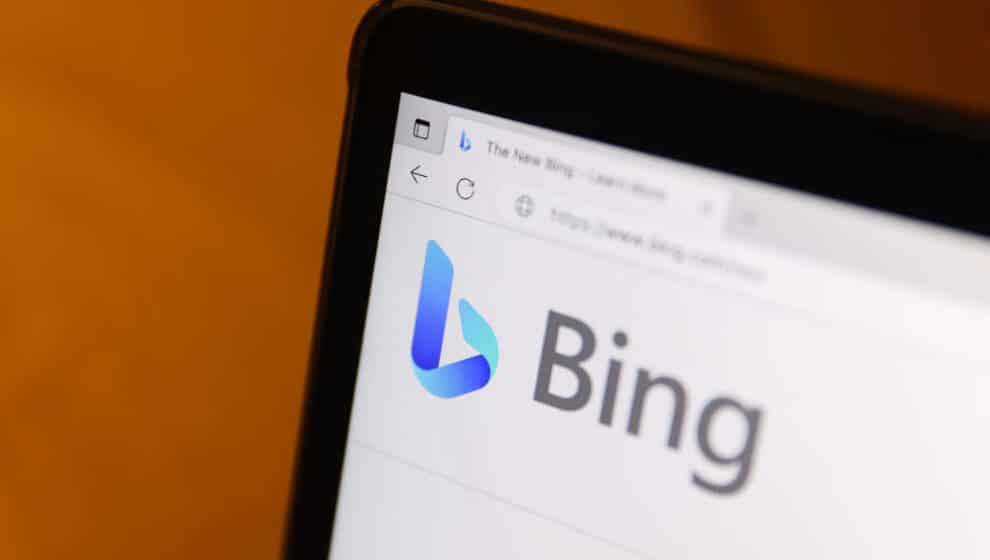Just a few days after announcing a ChatGPT-enhanced version of Bing, Microsoft revealed that nearly 1 million users are on the waiting list to try the new technology.
Key Details
- Microsoft’s search engine Bing has long trailed behind Google, but Microsoft’s new advantage could catapult the search tool into recent popularity.
- After just one week, OpenAI’s ChatGPT drew more than 1 million users. Now after 48 hours, 1 million users are waiting to try the artificial intelligence (AI) powered search engine.
- Currently, Bing is only used by 3% of those who use search engines. Around 92% of users prefer Google, ZDNET reports.
- The new version of Bing is available in a limited preview for select users. Others hoping to use the search engine will need to join a waitlist by signing in to or creating a Microsoft Account.
Why it’s news
ChatGPT’s rapid user growth made it the fastest-growing app ever, and it appears to have the same effect on Bing. The excitement to use the search engine is not based on Bing itself, but on the novelty of the new AI feature. Bing will have to deliver exceptional results to keep users coming back.
Around half of the 10 billion search inquiries every day go unanswered, Microsoft shared in its press release. This is because the search engines users are accustomed to are intended to find websites, not answer more complex questions. Microsoft suggests that its new AI-powered search engine can solve that problem.
Microsoft promises its new tool will provide “better search, complete answers, and a creative spark.”
ChatGPT is still a new tool, and this breakthrough in AI technology has seemingly limitless potential. As an early investor, Microsoft will have the first chance to implement the new technology.
Backing up a bit
Microsoft has already incorporated AI tech into its existing platforms. Just last year, the company added another OpenAI product, Dall-E 2, to the Bing Image Creator tool and a Designer app.
Introducing AI to search engines could change the way users conduct research. Rather than producing a page of links users are currently familiar with, an AI-powered search engine could answer the posed question directly in paragraph form.
In addition to changing how users collect information, this could also mean significant changes in advertising. Currently, search engines sell paid search results that guarantee a listing at the top of the search results page.
